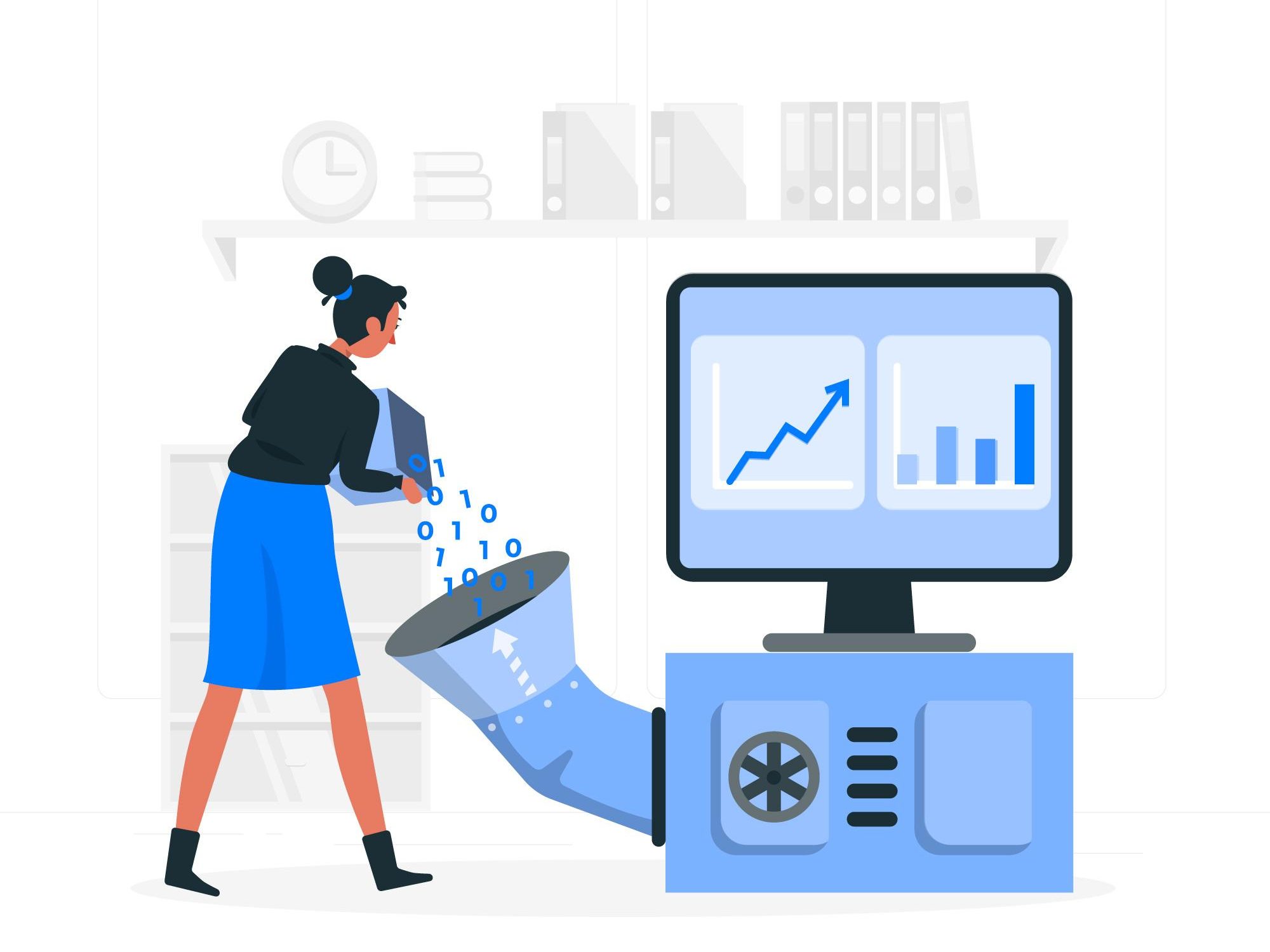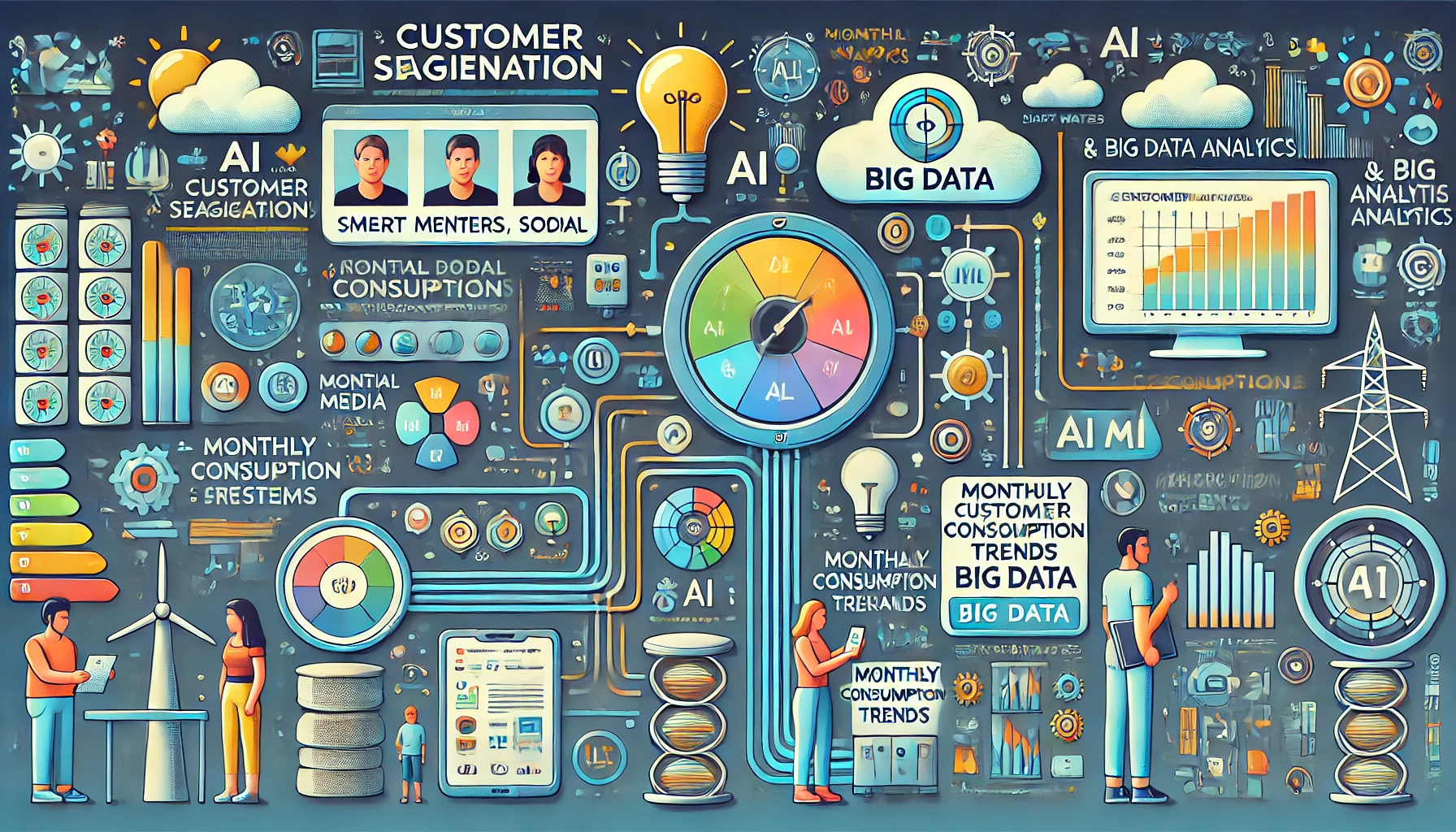Salesforce Customer Service Analytics: Helping Businesses

Achieving success in the highly competitive business environment of today requires offering outstanding customer service. Salesforce is a top-tier customer relationship management (CRM) platform that uses cutting-edge analytics to enable companies to improve customer service. This blog examines the technologies and tools that enable this, as well as how Salesforce Customer Service Analytics is transforming how businesses perceive and serve their customers.
Understanding Salesforce Customer Service Analytics
This all-inclusive tool was created to assist companies in examining and extracting insightful information from their interactions with customers. Businesses may better understand consumer preferences, behavior, and satisfaction levels by utilizing data-driven analytics. They are then better equipped to make judgments, increase operational effectiveness, and improve the general customer experience as a result.

Let’s explore the key elements of the Salesforce Analytics architecture:
1. Data Integration and Ingestion: Salesforce Analytics begins with the integration of diverse data sources. This can include customer interactions, sales data, and more.

2. Data Storage and Processing: Once integrated, the data is stored and processed in a scalable and efficient manner. Salesforce leverages its cloud infrastructure to handle large volumes of data. The data processing layer ensures that information is transformed and prepared for analysis, enabling businesses to work with clean, & accurate data.
3. Analytics Engine: The heart of Salesforce Analytics lies in its analytics engine. This engine includes advanced algorithms, and ML models that analyze the integrated data. This layer is responsible for generating insights, identifying patterns, and making predictions based on historical and real-time data. Salesforce’s AI, known as Einstein Analytics, plays a pivotal role in this process by providing predictive analytics and intelligent recommendations.
4. Visualization and Reporting: Presents insights through dynamic dashboards, charts, and reports for easy interpretation.
5. Integration with CRM and Other Tools: Salesforce Analytics is tightly integrated with the broader Salesforce ecosystem, especially the CRM platform. This integration allows businesses to combine customer data with analytics seamlessly, enhancing the overall customer experience.
7. Security and Compliance: Prioritizes security with role-based access, encryption, and compliance to safeguard sensitive customer data.

The broader impact it has on businesses:
1. Customer-Centric Decision-Making: Salesforce Customer Service Analytics promotes a customer-centric approach to decision-making. By analyzing customer data comprehensively, businesses gain insights into customer preferences, pain points, and expectations. This data-driven decision-making ensures that strategies align with customer needs, leading to increased satisfaction and loyalty.
3. Improved Employee Productivity: Efficient customer service is not just about satisfying customers; it’s also about empowering your service teams. With real-time dashboards and automated processes, Salesforce Customer Service Analytics enhances employee productivity. Teams can access relevant information quickly, streamline workflows, and focus on delivering high-quality service.
4. Personalized Customer Experiences: Beyond resolving issues, Salesforce Customer Service Analytics enables businesses to create personalized experiences for their customers. By understanding individual preferences and behavior, companies can tailor their interactions, recommend relevant products or services, and build stronger, more meaningful relationships.
Tools and Technologies Underpinning Salesforce Customer Service Analytics:
Salesforce Service Cloud: The Salesforce Service Cloud, a powerful CRM platform created especially for customer care and support, is the foundation of Customer Service Analytics. To increase productivity, it centralizes consumer data, simplifies communication, and automates repetitive operations.
Einstein Analytics: Using AI from Salesforce, Einstein Analytics provides customer support with predictive insights. It assists companies in staying ahead of the curve in meeting customer expectations by analyzing patterns in data to spot trends, anomalies, and possible areas for development.
Tableau: Salesforce acquired Tableau to enhance data visualization capabilities. Integrated with Customer Service Analytics, Tableau enables businesses to create compelling visualizations that simplify complex data and facilitate better decision-making.

To sum up, Salesforce Customer Service Analytics is revolutionary for companies looking to achieve superior customer service. Companies can design individualized and responsive consumer experiences by combining deep data, AI-driven forecasts, and potent CRM technologies. Tableau, Einstein Analytics, and other cutting-edge technologies are just a few of the tools Salesforce uses to deliver a comprehensive solution that changes with the demands of contemporary customer care. Also, it’s not just a set of technologies; it’s a transformative solution that redefines the customer service landscape. By fostering customer-centric decision-making, predicting future trends, and enhancing communication, businesses can build lasting relationships with their customers, setting the stage for sustained success in today’s competitive market.
If you enjoyed this blog, why not check out some of my other articles too?https://statusneo.com/unlocking-growth-ai-enhanced-crm-analytics/?swcfpc=1








